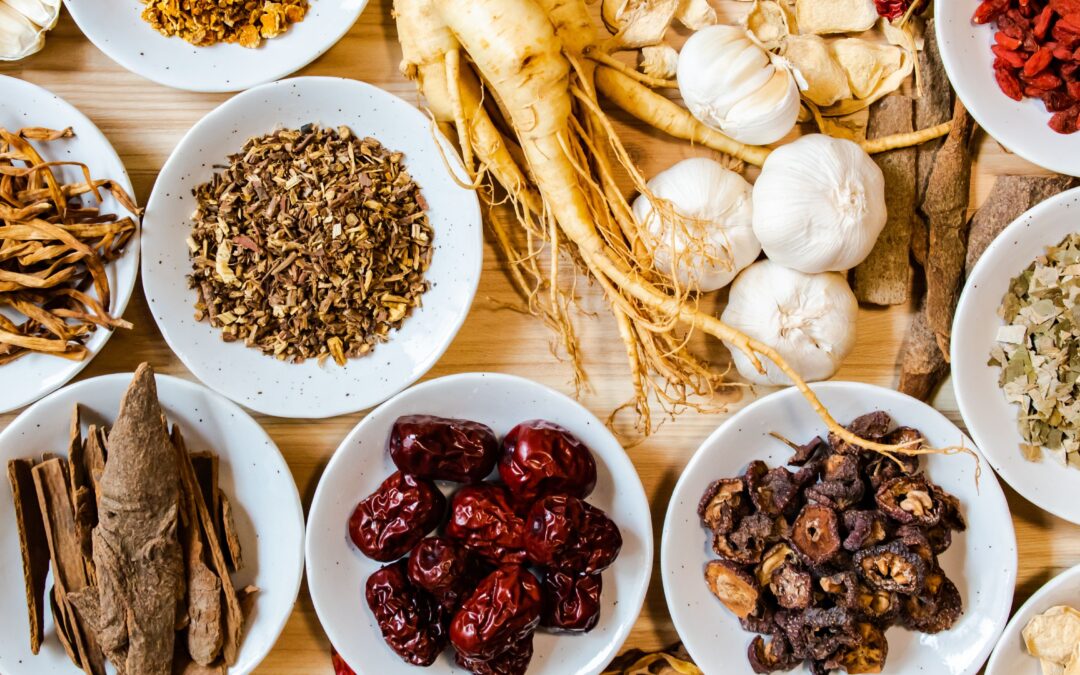There is one big difference when it comes to tackling diet from a Naturopathic perspective compared to from a dietetics perspective. As Naturopaths we approach making dietary changes from the perspective of the Naturopathic principles (which you can read about briefly in my previous blog here), and a big part of this being using food as medicine.
There are different ways that we can think of food – generally along the lines of:
- How it tastes
- How it looks
- How it smells
- It’s nutritional value
- Macronutrient content – carbohydrates, fats & protein
- Micronutrient content – vitamins and minerals
In Naturopathy, we also look at the medicinal value of food.
“Let food be thy medicine and medicine be our food”
– Hippocrates
Hippocrates coined the term ‘food as medicine’ in 400BC, referring to using our food to support homeostasis & optimal wellness. His teachings encouraged turning to diet before modern medicines to treat patients. Over 27,000 Australians die from a health condition that could have been prevented through dietary changes each year, making it obvious that a movement towards using food as medicine on a larger scale would be of incredible benefit to our society.
What does Food as medicine really mean?
Food as medicine is the practice of using our diets quite literally as medicine – by eating well day to day in order to prevent the development of disease, by making dietary changes when diagnosed with a disease to prevent the worsening of that condition or to even reverse the condition (depending on what it is) & to improve day to day symptoms and acute conditions that we may experience. This is a fundamental part of what I practice in my Naturopathic clinic in Croydon.
You may already be using food as medicine within your home by:
- Eating oranges or drinking lemon, honey & hot water when you’ve got a cold
- Eating dates when constipated
- Eating simple, easy to digest foods after a stomach bug.
When we practice food as medicine in the Naturopathic sense, we will often expand on these ideas using both traditional practices and the abundance of research that is now coming out to support this. In consultations I will often provide specific food as medicine prescriptions to my clients in order to support their individual health journey.
Some examples of conditions that benefit from food as medicine include:
- High cholesterol
- Endometriosis
- IBS
- Autoimmune disease
- Thyroid conditions
- Anxiety & depression
- Inflammatory conditions
On top of this we can also use food as medicine to support:
- The immune system – both when you have a cold or flu and to reduce the frequency and severity of colds & flu
- Period pain & other menstrual abnormalities
- Constipation
- Acne
- … And more!
Some examples of using food as medicine are really simple – for example, eating 2 kiwi fruits a day to improve symptoms of constipation. While also being a little nutritional powerhouse, studies on kiwis have shown them to increase ease & frequency of bowel motions in constipation. Or, alternatively we may use food as medicine in the sense of therapeutic dietary interventions for certain conditions (some listed above). Some therapeutic dietary interventions are meant to only be followed short term – such as in IBS where we reduce trigger foods for a period, while simultaneously working on gut repair, before reintroducing more dietary variety. Or, it might be something as simple as increasing wholefood sources of fibre in the diet long term to support healthy cholesterol.
What are the downsides to food as medicine?
Really, there are no true downsides to food as medicine. It is simple, effective (in a lot of cases, sometimes other interventions can also be necessary), not overly expensive & something that you can take with you throughout your life. The challenges that can be faced are more around the world we live in –
- Working long hours we often reach for convenience foods
- Eating is often a social event
- We may make changes that are outside of what we have grown up eating
But, there is a solution to each of these –
- Depending on how busy you are and what your priorities are, we can focus on quick & easy healthful foods, or we can look at incorporating food prep into your week to make things easier. Some food as medicine swaps are super simple as it is, and add no extra time to you day
- This is part of what makes food so great! Cooking with/for friends and family is an excellent opportunity to show them how delicious & nutritious food can be. If you’re out at a restaurant, choose something that is both nutritious & suites your flavour palate – I’m certainly not ordering plane, boring salads when I’m out for a meal, and I don’t expect you to either. Having occasional ‘treats’ is also often part of a balanced diet.
- We start slow and we only make changes when you are ready for them – this is a collaborative process, not me telling you what to do.
Incorporating food as medicine into your lifestyle is an exciting opportunity to increase nutrition, try out new flavours & improve your overall health and wellness.
Want to stay in touch?
Join my mailing list by simply scrolling to the bottom of the home page & entering your details.

